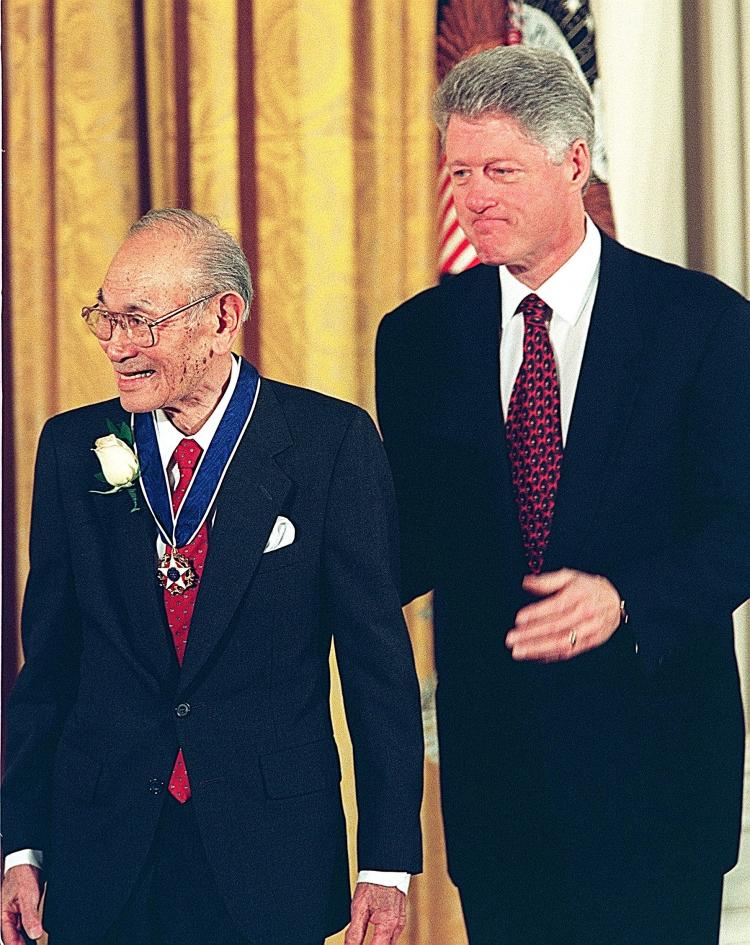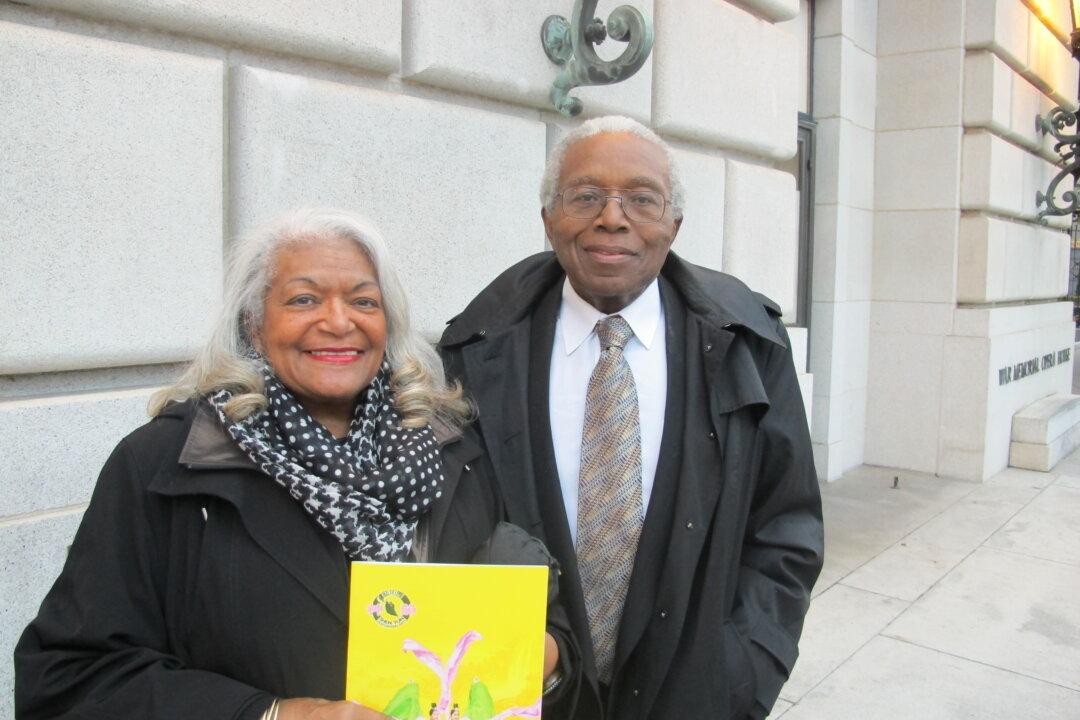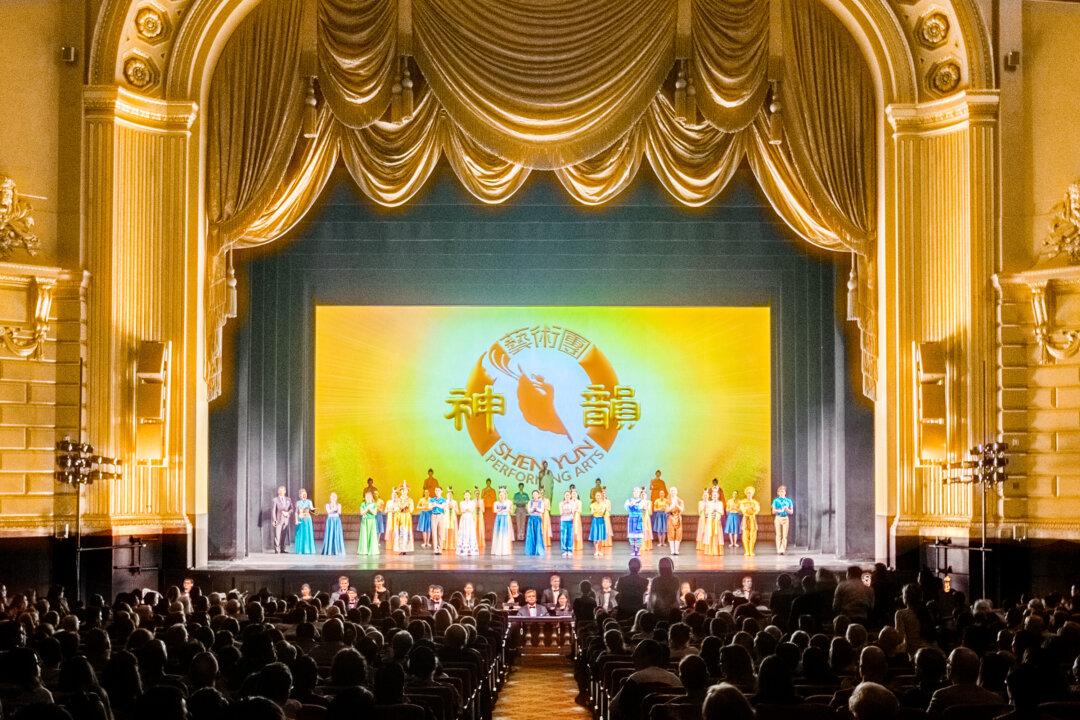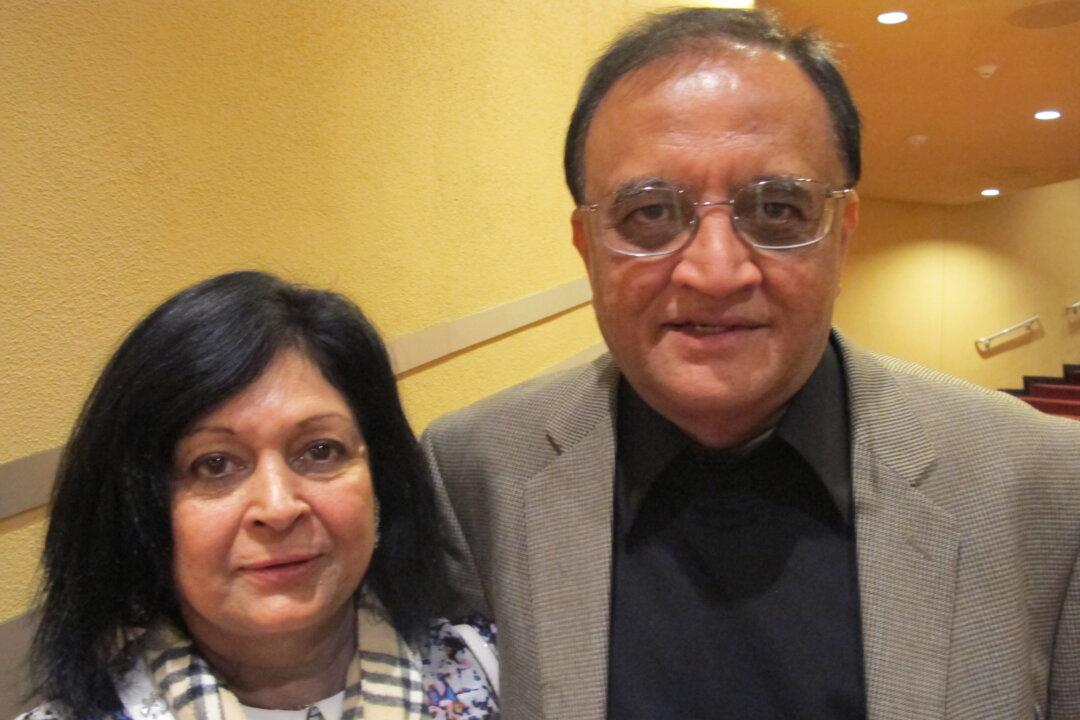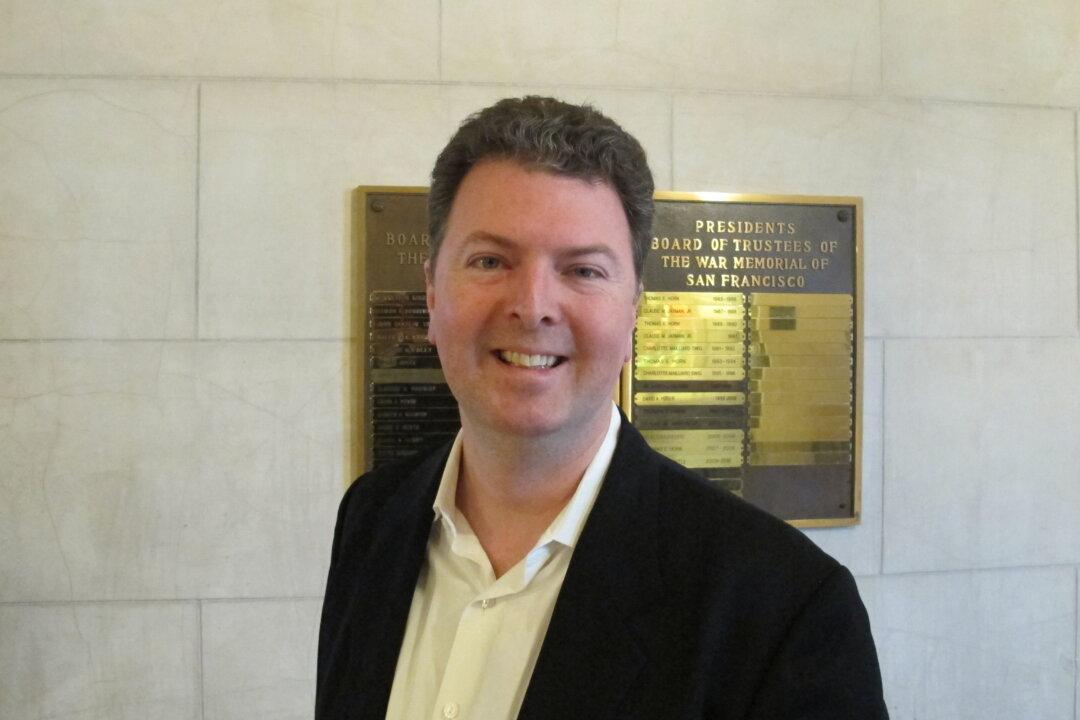SAN FRANCISCO—The San Francisco Board of Supervisors on Tuesday proclaimed Jan. 30 “Fred T. Korematsu Day of Civil Liberties,” furthering the legacy of Mr. Fred Korematsu.
“He is significant because he was one of the three Japanese Americans that challenged the internment of 120,000 Japanese Americans during World War II. He had tremendous courage and is an inspiration to many of us,” said Supervisor Eric Mar who sponsored the proclamation.
This proclamation follows former Gov. Arnold Schwarzenegger’s Fred Korematsu Day bill—authored by Assemblyman Warren Furutani—that was signed into California law last September.
The president of the board of supervisors David Chiu added, “He is one of those ordinary and extraordinary Americans.”
Korematsu’s story began when Franklin D. President Roosevelt issued executive order 9066 during World War II which ordered all Japanese Americans living in the United States off to internment camps. Over 120,000 Japanese Americans were moved in what the U.S. declared as an effort to avert espionage. President Jimmy Carter later dubbed it “race prejudice, war hysteria, and a failure of political leadership.”
Karren Kai, who was on Korematsu’s coram nobis legal team and good friends with Mr. Korematsu before he passed away in 2005, said, “He was a very humble, modest person, soft spoken … and very thoughtful. I can see him as a 23-year-old looking at these orders and thinking ’this is just not right.'” Young Korematsu also had a sweetheart at the time that he did not want to leave behind.
Mr. Korematsu decided to evade the authorities and hid in the South Bay. In 1942 Mr. Korematsu was arrested and convicted for violating military orders and spent over four years in an internment camp, living what Mrs. Kai calls, “The Japanese American experience.”
What ensued was Korematsu v. United States which was one of three test cases that challenged the constitutionality of the Japanese American internment. Mrs. Kai said, “The Supreme Court in each of the three cases … found that the government was justified in the internment because of military necessity,” and that the threat of espionage outweighed the rights of Mr. Korematsu.
Case closed … until Peter Irons, a lawyer and San Diego University professor, came across the dusty Supreme Court documents from Mr. Korematsu’s case while he was doing research for a book.
These documents apparently detailed how U.S. government lawyers deliberately covered up evidence provided by the military and FBI that concluded Japanese Americans were not a security risk. This evidence gave Mrs. Kai and others the ability to reopen Mr. Korematsu’s case.
“1983 we filed the coram nobis petition and Judge Patel ruled that there was evidence that there was government misconduct that justified reversing Mr. Korematsu’s conviction,” said Mrs. Kai.
Judge Patel of the U.S. District Court of San Francisco vacated Mr. Korematsu’s conviction.
Then came the Civil Liberties Act of 1988 which states:
“The Congress recognizes that, as described in the Commission on Wartime Relocation and Internment of Civilians, a grave injustice was done to both citizens and permanent residents of Japanese ancestry by the evacuation, relocation, and internment of civilians during World War II.”
Monetary damage was also awarded by President Carter in the amount of $20,000 to each of the surviving victims.
That was followed by President Bill Clinton awarding The Medal of Freedom, the highest civilian honor, to Mr. Korematsu in 1998. President Clinton said at the time, “In the long history of our country’s constant search for justice, some names of ordinary citizens stand for millions of souls. Plessy, Brown, Parks … to that distinguished list, today we add the name of Fred Korematsu.”
Following last Tuesday’s board of supervisors meeting, Mrs. Kai explained that Mr. Korematsu would have felt very grateful if he were still around to receive the honor in person. “San Francisco was where he was convicted originally. And to have the board of supervisors recognize him and what he stood for would really make him proud and make him feel that his legacy, his principles that he felt so strongly about, would be truly carried on,” she said.
“Rightfully so he should be recognized,” said Supervisor Ross Mirkarimi at his office.
“He was an activist … a real thinker, able to craft together, really what was on the edge of what was a civil rights movement that extended beyond just African Americans … That brought attention to how terrible people—especially Asians, Chinese Americans, and Japanese Americans in the United States—had been treated. Fred was a pillar to that,” said Supervisor Mirkarimi.
“We hope that every year, Jan. 30 will be celebrated as Korematsu Day,” concluded Supervisor Mar.
There will be a celebration for Fred Korematsu Day on Jan. 30 at UC Berkeley’s Wheeler Auditorium. The keynote speaker will be Reverend Jessie Jackson with additional remarks from daughter Karen Korematsu and California Assemblymen Warren Furutani and Marty Block. The event will start at 2 p.m. followed by a screening of the film “Of Civil Wrongs and Rights: The Fred Korematsu Story” at 4 p.m.


